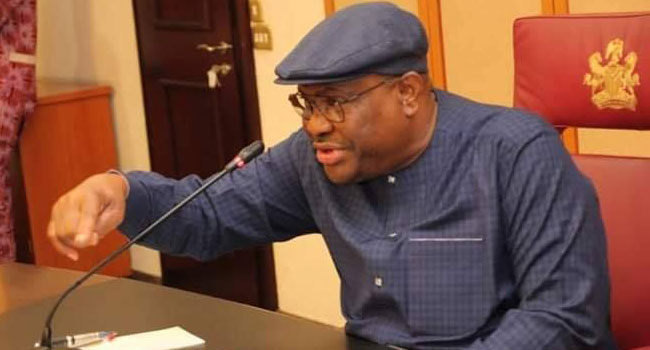AINA OJONUGWA FROM THE WILL NIGERIA
The Socio-Economic Rights and Accountability Project (SERAP) has filed a lawsuit against President Muhammadu Buhari, over “failure to reverse the unlawful, unjust, and unreasonable increase in electricity tariff, and to probe the spending of public funds as ‘investments and bailouts’ to DisCos and GenCos since 2005.”
Joined in the suit as Respondents are the Attorney-General of the Federation and Minister of Justice, Abubakar Malami (SAN), the Nigerian Electricity Regulatory Commission (NERC), and the Nigeria Bulk Electricity Trading PLC.
Following reported approval by the NERC, electricity tariffs were increased across DisCos in the country in December 2022. Several prepaid customers have reportedly confirmed the increase. The Minister of Power and NERC have refused to confirm or deny the increase.
In the suit numbered FHC/L/CS/99/2023 filed last Friday, at the Federal High Court, Lagos, SERAP asked the court to compel President Buhari to: “Direct the Nigerian Electricity Regulatory Commission to reverse the unlawful, unjust and unreasonable increase in electricity tariff.
“Direct the Attorney General of the Federation and Minister of Justice, Mr Abubakar Malami, SAN, and appropriate anti-corruption agencies to promptly investigate the spending of public funds as investments and bailouts to DisCos and GenCos since 2005.”
In a supportive affidavit, SERAP argued that “Regular and uninterrupted access to electricity is a fundamental human right. Electricity is an essential public service but millions of Nigerians continue to pay the price for corruption in the electricity sector–staying in darkness.
“The increase in electricity tariff failed to follow due process of law. It is entirely inconsistent and incompatible with the provisions of the Nigerian Constitution of 1999 [as amended], the Electric Power Sector Reform Act and the country’s international human rights obligations.
“The increase is unjustified, especially given the unreliable, inefficient and poor quality of electricity in the country. Millions of Nigerians continue to live in darkness despite the spending by governments of trillions of naira as investments and bailouts to electricity companies.
“The government has legal obligations to effectively and progressively provide affordable, regular and uninterrupted access to electricity as a matter of human rights.”


